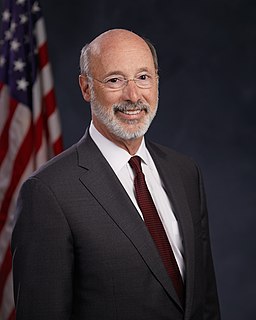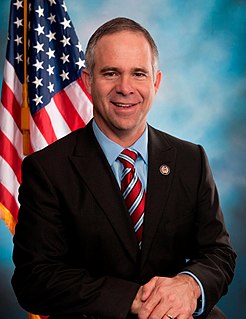A Quote by Ed Parker
What we do want to see is reforms that are going to have a permanent effect on the budget deficit.
Related Quotes
I said we are going to balance an $11 billion budget deficit in a $29 billion budget, so by percentage, the largest budget deficit in America, by percentage, larger than California, larger than New York, larger than Illinois. And we're going to balance that without raising taxes on the people of the state of New Jersey.
Pennsylvania is facing challenging economic times, a multi-billion dollar budget deficit, and negative cash flow projections. My Budget Deficit and Fiscal Stabilization Task Force will get to work to determine the scope of the challenges facing Pennsylvania and begin to discuss how we can get Pennsylvania's fiscal house in order.
Our practical choice is not between a tax-cut deficit and a budgetary surplus. It is between two kinds of deficits: a chronic deficit of inertia, as the unwanted result of inadequate revenues and a restricted economy; or a temporary deficit of transition, resulting from a tax cut designed to boost the economy, increase tax revenues, and achieve -- and I believe this can be done -- a budget surplus. The first type of deficit is a sign of waste and weakness; the second reflects an investment in the future.
It's not about what the speaker wants. It's not about necessarily what I want. There's two other principles involved here. It's what the constituents in my district want, and they didn't want to raise the debt ceiling unless there were significant structural reforms and spending cuts to help us balance our budget.
One of the issues that we professional newspaper columnists are required by union regulations to voice grave concern about is the federal budget deficit, which we refer to as the "mounting" deficit, because every extra word helps when you have to produce a certain number of gravely concerned newsprint inches.





































